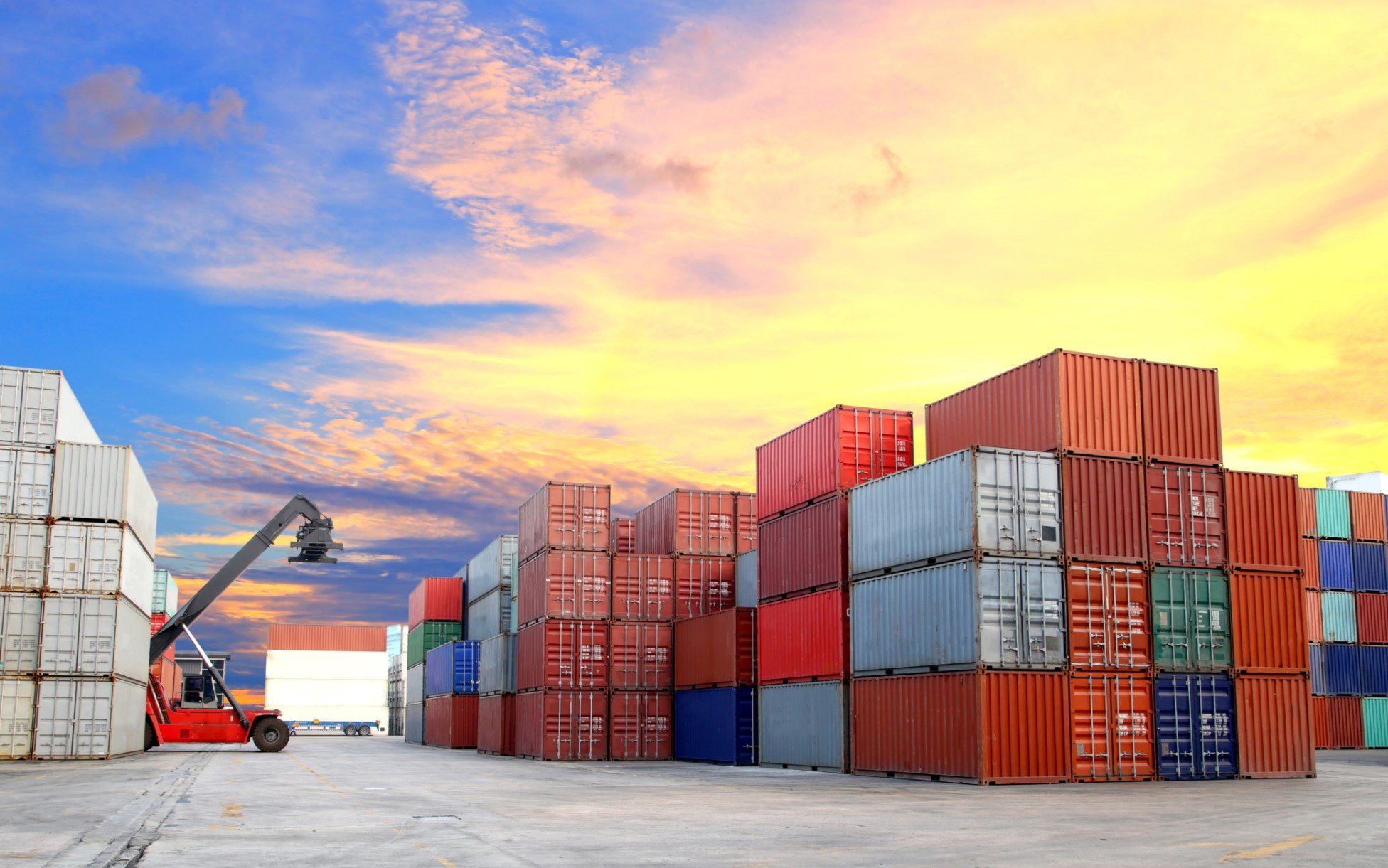With Trump’s ‘Liberation Day’ tariffs announced recently and most countries getting a temporary respite, except China, shipping container prices are expected to swing significantly as importers and exporters adjust demand. After China retaliated to Trump’s tariffs with an 84% tariff on US imports, the US raised tariffs to 125% on Chinese imports. International shipping lines are preparing what is commonly referred to as “blank sailings” – cancelling scheduled port calls or even entire voyages, noted the Freight & Trade Alliance.
Some shipping lines are also preparing to idle vessels with crew aboard as cargo volumes drop. “We are receiving reports of increased booking cancellations and omissions,” said Tom Jensen, the FTA’s general manager of freight policy and operations, reported the Australian Financial Review. He added that while Australia accounted for less than 0.

4% of total US container imports, it would not come out of this unscathed. “The global market is on edge, and we’re already seeing the ripple effects reach our shores.” Ocean container bookings from China to the US have dropped sharply in recent weeks.
A report of Freigtwaves earlier this week cited data from SONAR’s Container Atlas that revealed daily bookings on this trade route have plummeted 25% compared to the same period last year. The downturn is reported not to be limited to the China-US route. Global ocean container bookings have also seen a significant decline, falling 18.
4% between March 30 and April 8. Current booking levels are now running 13% below those seen in 2024. Major shipping lines such as Mediterranean Shipping Company and Maersk have not yet announced major route changes, while Japan’s Ocean Network Express this week cancelled a service due to start running in May from Asia to the west coast of North America.
After shipping prices rose during the height of Covid, the price has been falling since mid-2024, due in part to greater capacity as new ships were launched. The US administration has delayed multimillion-dollar fees it proposed to levy on ships built in China or operated by Chinese companies that entered American ports. Freight rates rebounded slightly last week to $US2208 per 40-foot container, according to the Drewry World Container Index.
Cancellation rates for key global east-west trade lanes between early April and early May were running at 8% as of last week, according to Drewry. In Australia, some of the issues that industry is working on are the ongoing increases in terminal access fees charged by stevedores. Hong Kong’s Hutchinson Ports announced its access fees would rise by almost 9% to $214 per container for imports into Sydney from early June, and increase by almost 7% to $195 for all exported containers.
Hutchison claimed the fee increases, which also apply in Brisbane and eventually get passed on to consumers, were necessary to offset higher electricity, maintenance and rental costs. Fees charged by Patrick, DP World and Victoria International Container Terminal also rose in January. DP World operates container stevedores at the Ports of Botany (Sydney), Melbourne, Brisbane and Fremantle.
“Unless action is taken on unregulated terminal access charges, Australian producers and consumers will continue to pay the price for market failures that have been well-documented by the Productivity Commission and the [Australian Competition and Consumer Commission] ACCC,” Mr Jensen said. The ACCC has been looking into deals being struck in the shipping sector and whether it could give rise to anti-competitive practices. Last month, Silk Logistics, an ASX listed port-to-door services provider offering warehousing, distribution and port logistics services and whose clients include major CE retailers such as JB Hi-Fi, saw its share price nosedive after the competition regulator raised objections to its proposed acquisition by DP World Australia.
The ACCC has outlined preliminary competition concerns with DP World Australia’s proposal to acquire 100% of Silk. “We have heard concerns that DP World’s ownership of a national container transport provider is likely to reduce competition in the supply of container transport services. This could lead to higher prices and reduced quality for Australian importers and exporters,” said ACCC Commissioner Dr Philip Williams.
Overall, a drop in exports from China to the US could mean lower shipping container prices overall, something which will benefit Oz retailers . “Now you can look at it and wonder what will happen to container prices? We are watching that too, and it is more likely that it will be cheaper than more expensive,” Harvey Norman chairman and co-founder Gerry Harvey told The Australian. Harvey added that it was too early to tell if suppliers would come to the negotiating table willing to reach new deals.
“That discussion will happen, and it won’t be just us, it will be every retailer doing that right across the board everywhere,” said Harvey. “We are in the very beginning of that, now whether that eventuates or what happens, who knows, and how quickly does Trump or doesn’t he reverse? I think most of us are sitting here thinking he is a deal-maker, he will reverse and do deals. But does he? Both sides have to agree, and it won’t happen overnight,” said Harvey.
.
Technology

Trump Tariffs Could Sharply Swing Shipping Prices

With Trump’s ‘Liberation Day’ tariffs announced recently and most countries getting a temporary respite, except China, shipping container prices are expected to swing significantly as importers and exporters adjust demand. After China retaliated to Trump’s tariffs with an 84% tariff on US imports, the US raised tariffs to 125% on Chinese imports. International shipping lines... Read More















